Mexican braids are more than just a hairstyle; they are a cultural expression rich with history, tradition, and artistry. These braids, often characterized by their intricate patterns and vibrant colors, embody the essence of Mexican heritage and identity. From ancient civilizations to modern-day fashion, Mexican braids have evolved but remain a symbol of cultural pride and artistic flair.
Advertisement-Continue Reading Below
Historical Roots and Cultural Significance
The origins of Mexican braiding techniques can be traced back to the ancient civilizations of Mexico, including the Aztecs, Maya, and Zapotecs. These civilizations had a deep appreciation for intricate and symbolic designs, which extended to their hairdressing practices. In pre-Columbian times, braids were used to signify social status, age, and even marital status. For example, among the Aztecs, different types of braids and hairdos indicated the wearer’s rank and role within society.
In traditional Mexican culture, braids were not only a practical hairstyle but also a form of personal and cultural expression. Women would often braid their hair in elaborate patterns, incorporating beads, ribbons, and other decorative elements. These adornments were not just for aesthetics; they held symbolic meanings and were believed to provide protection and good fortune.
Types of Mexican Braids
Mexican braids come in various styles, each with its unique characteristics and cultural significance. Some of the most notable types include:
The Traditional Mexican Braid (Trenza Mexicana): This classic braid typically involves three sections of hair woven together in a simple yet elegant pattern. Often, this braid is adorned with colorful ribbons or threads, reflecting the vibrant colors of traditional Mexican textiles.
The Cornrow Braid (Trenza en Cornrows): Although cornrows are widely recognized as a traditional African hairstyle, they have also been embraced and adapted within Mexican culture. This style involves tightly braiding the hair close to the scalp in parallel rows. It is often used in combination with other braiding techniques for added texture and visual interest.
The Fishtail Braid (Trenza de Pez): The fishtail braid, known for its intricate appearance, involves dividing the hair into two sections and weaving them together in a crisscross pattern. This style is often used for special occasions and can be combined with decorative elements such as flowers or beads.
The Ladder Braid (Trenza de Escalera): This complex braid features a ladder-like appearance with small loops created by pulling sections of hair through each other. It requires skill and patience but results in a strikingly beautiful and unique hairstyle.
Modern Adaptations and Influences
In contemporary fashion, Mexican braids have been embraced and adapted in various ways. The global popularity of Mexican and Latin American culture has led to a resurgence of traditional hairstyles in modern fashion and beauty trends. Designers and hairstylists have incorporated elements of Mexican braiding techniques into their collections, often blending traditional methods with modern aesthetics.
One notable adaptation is the incorporation of Mexican braiding patterns into high-fashion runway shows. Designers often use these braids to add a touch of ethnic flair to their collections, celebrating the rich cultural heritage of Mexico. Additionally, Mexican braids have become a popular choice for everyday wear and special occasions, reflecting their versatility and timeless appeal.
Cultural Preservation and Revitalization
The resurgence of interest in Mexican braids has also led to efforts to preserve and revitalize traditional braiding techniques. Many artisans and cultural organizations are working to ensure that these skills are passed down through generations. Workshops and educational programs are being offered to teach the art of Mexican braiding, both within Mexico and among the Mexican diaspora.
These efforts are crucial in maintaining the cultural significance of Mexican braids, ensuring that the artistry and traditions are not lost to time. By educating new generations and sharing knowledge with a broader audience, the rich heritage of Mexican braiding continues to thrive.
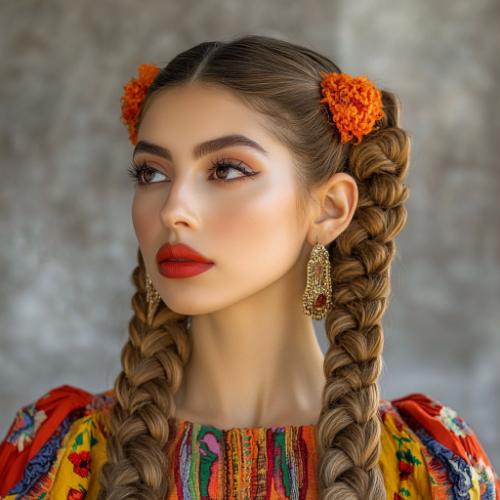
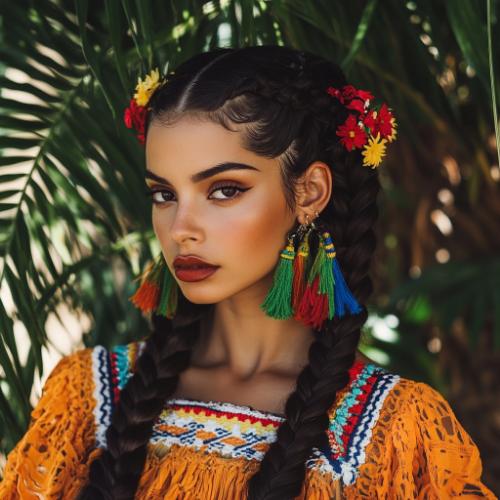
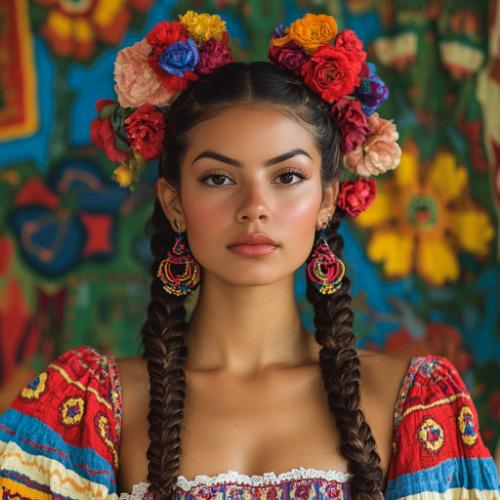
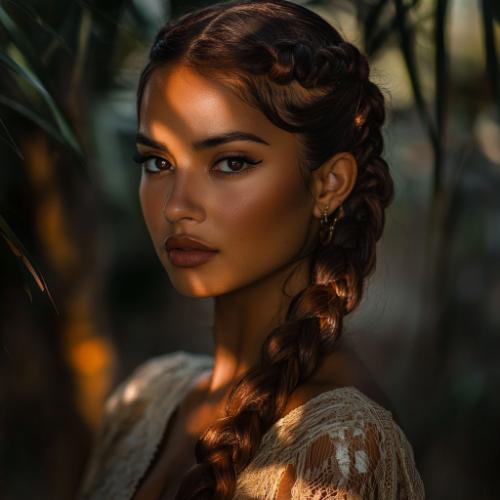
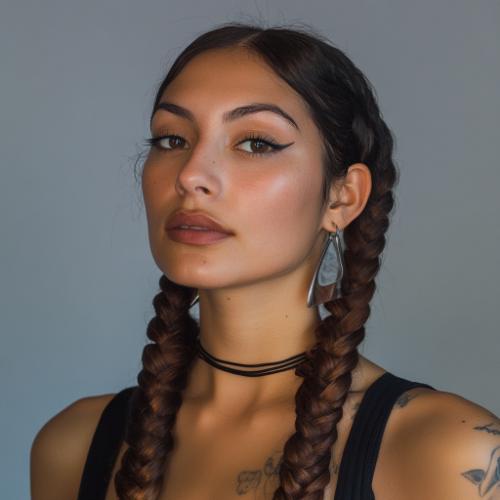
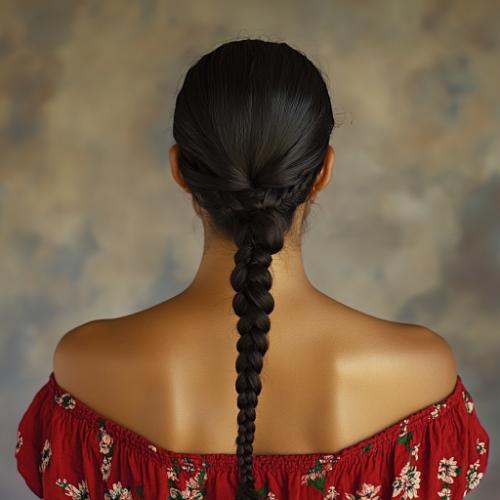
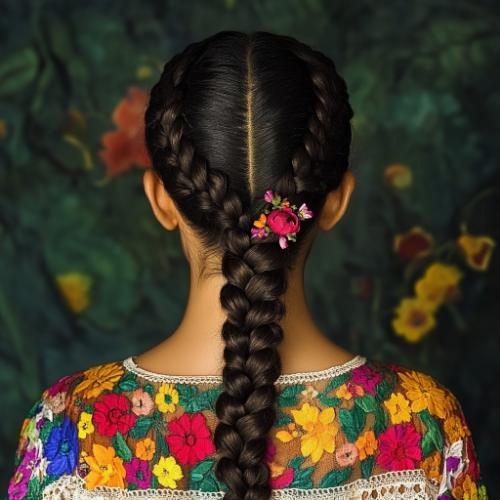
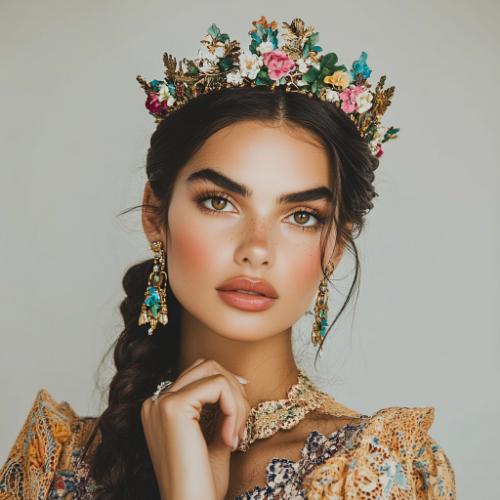
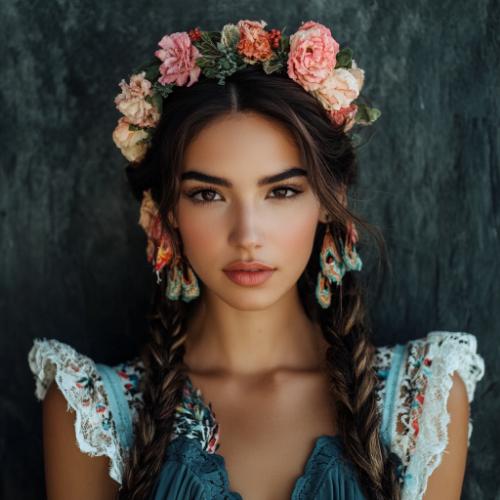
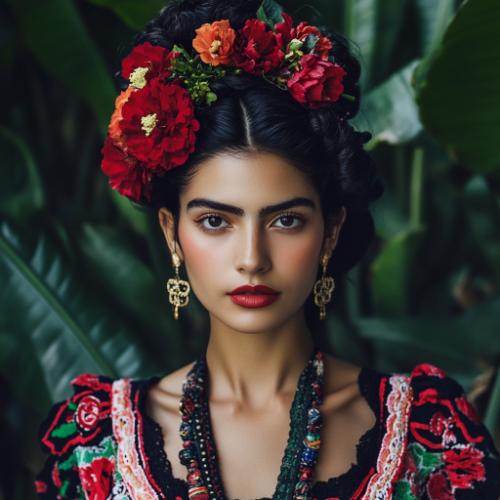
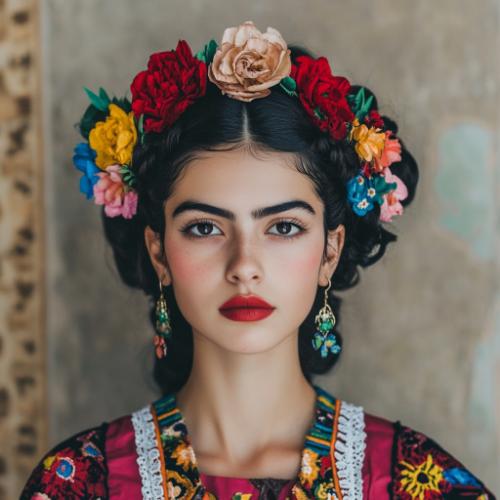
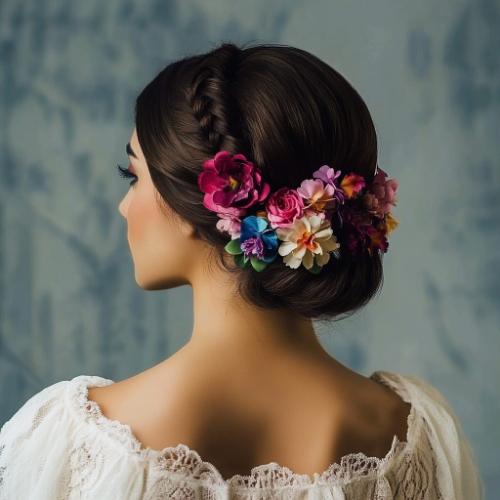
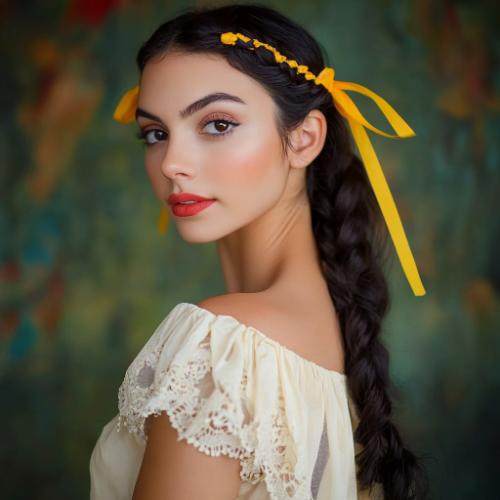
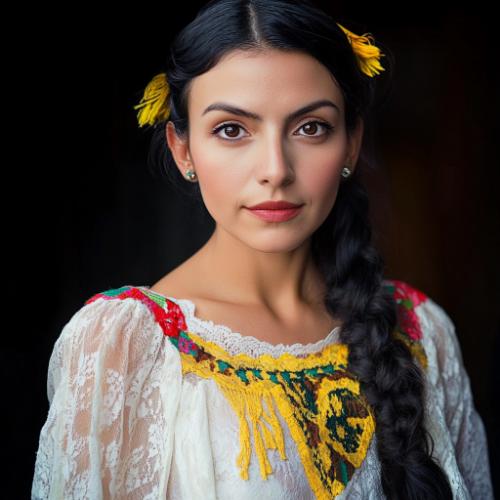
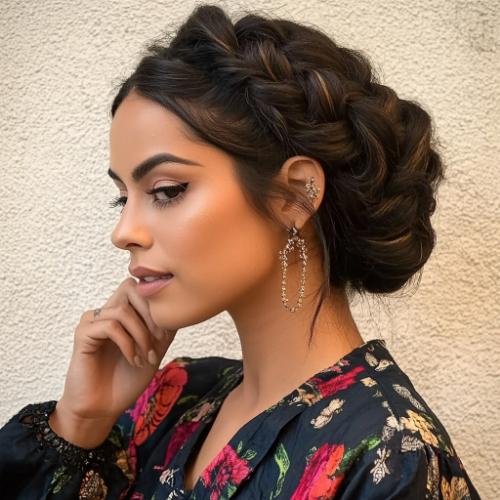
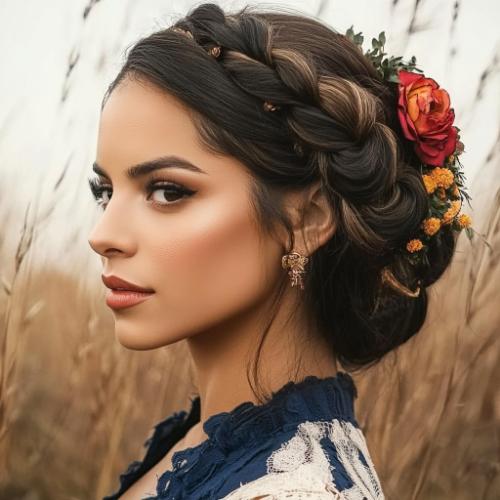
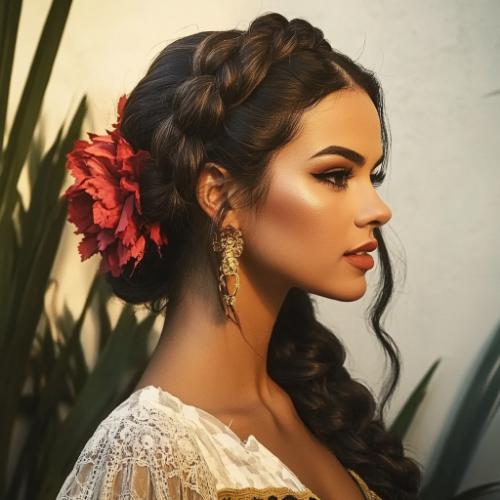
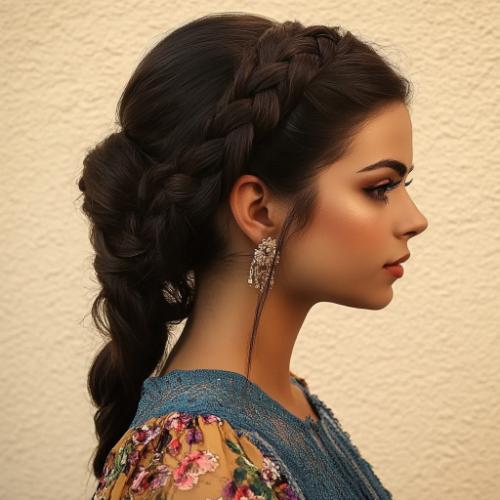
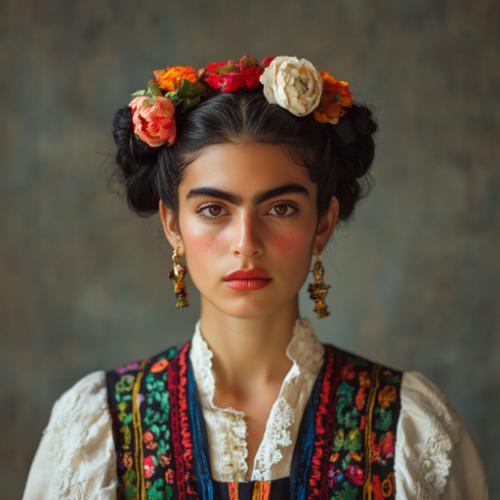
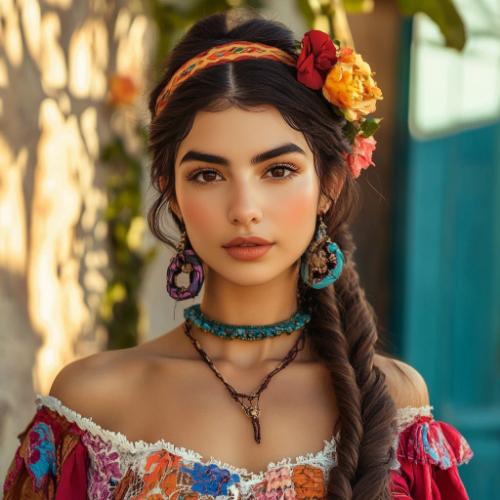
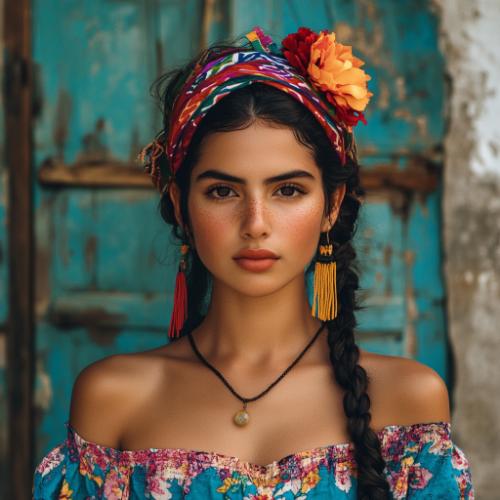
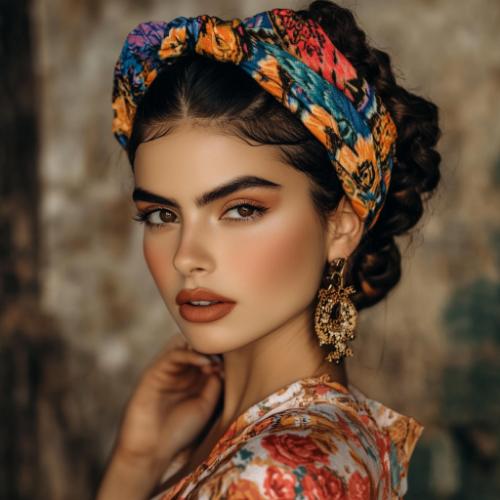
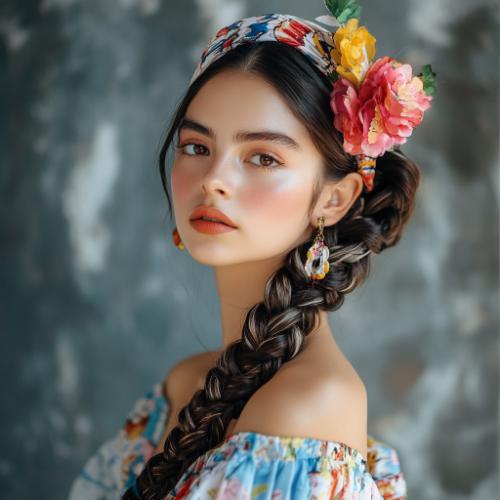
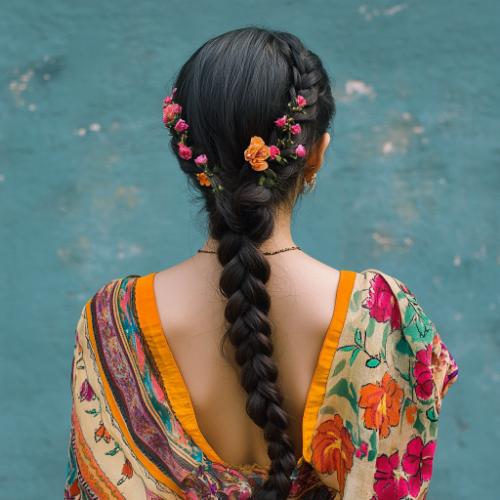
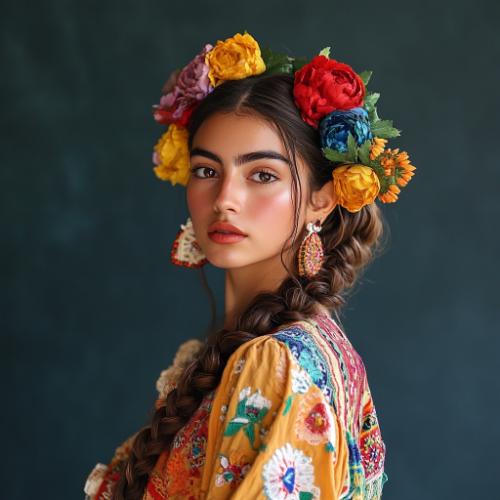
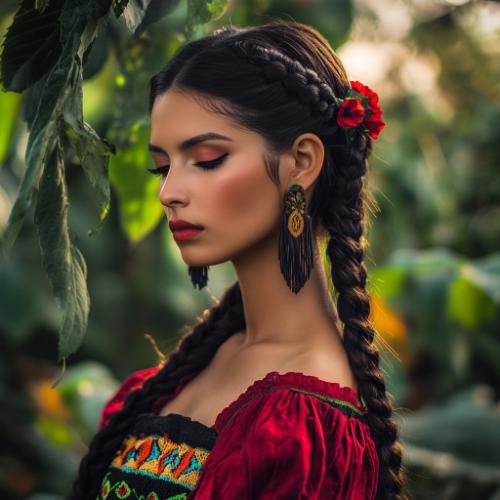
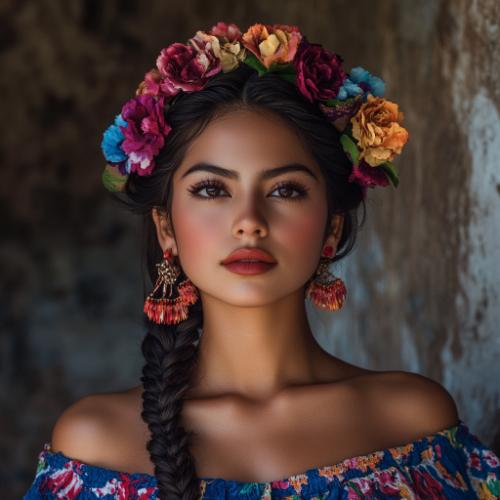
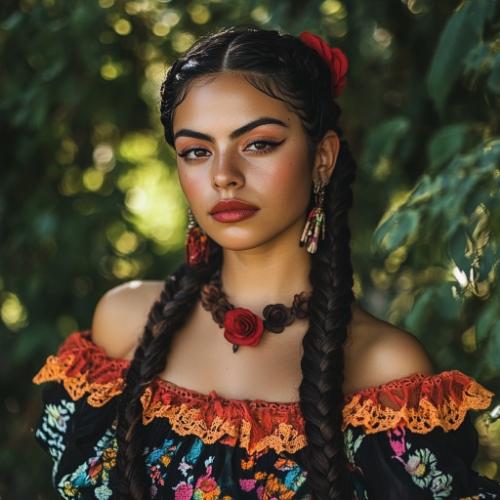
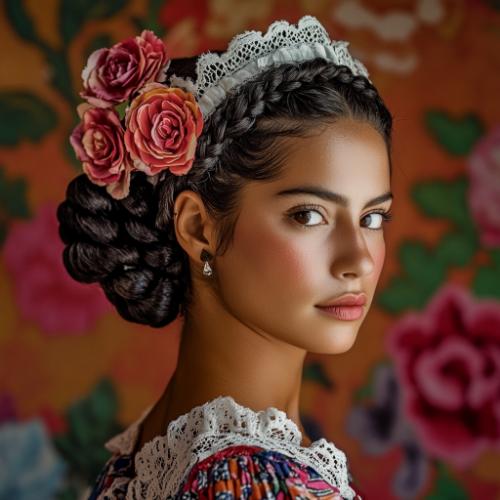
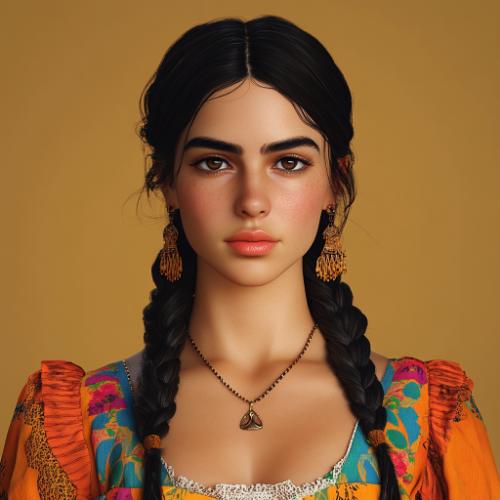
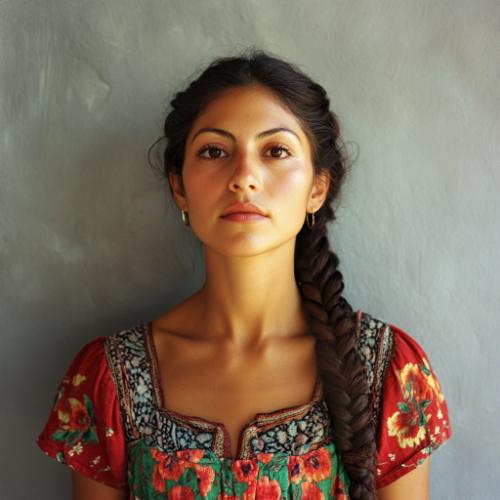
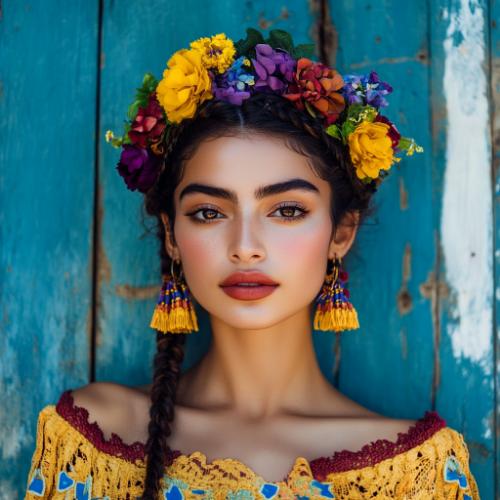
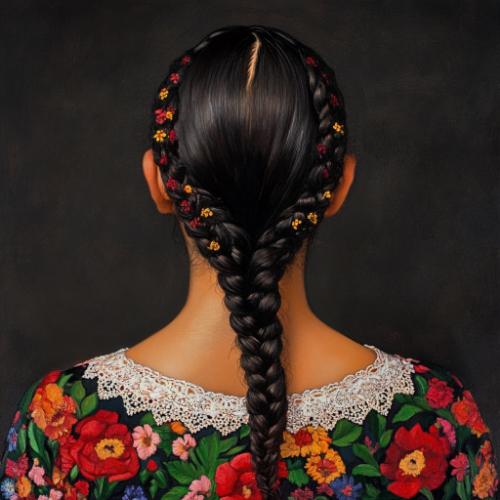
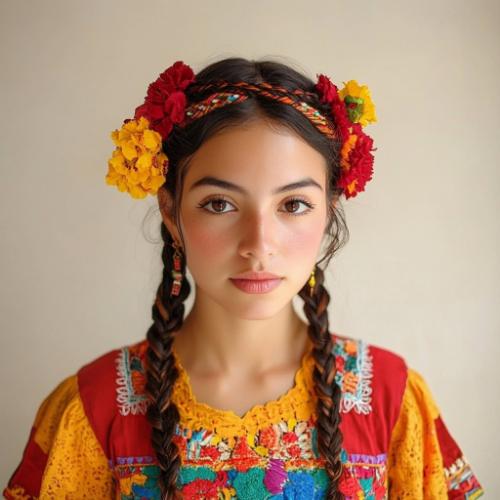
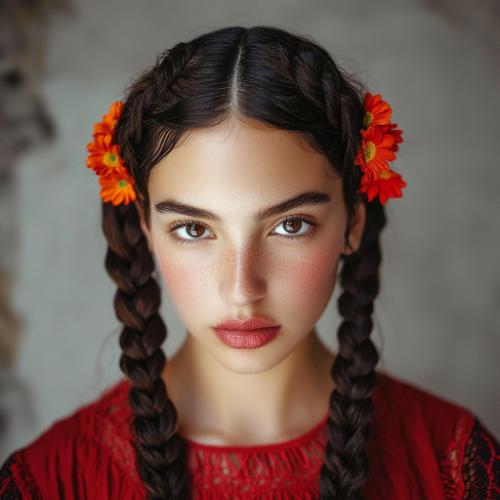
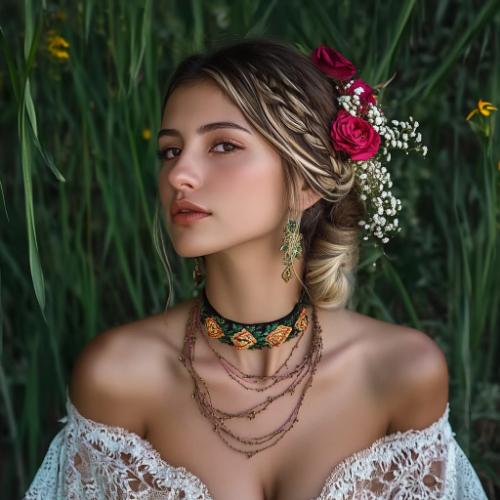
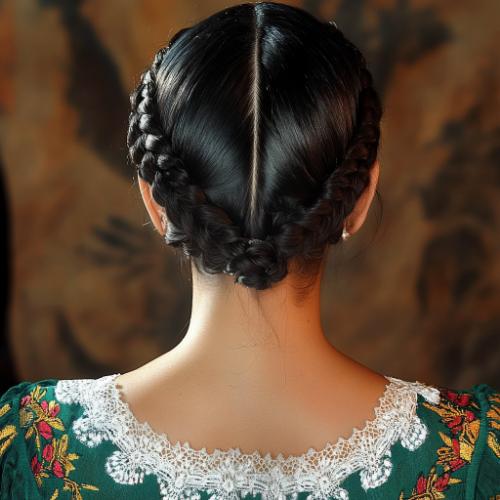
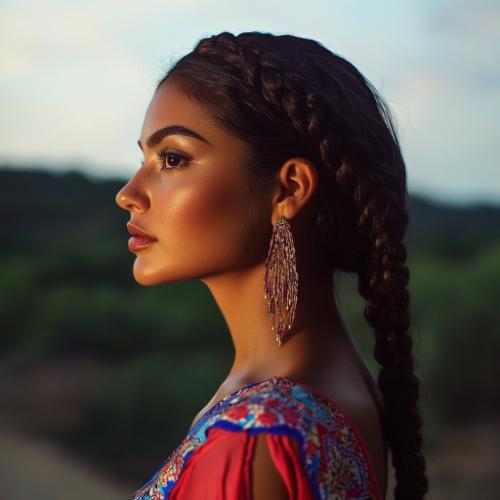
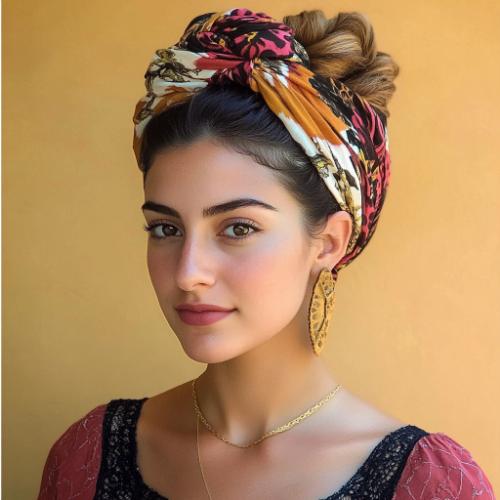
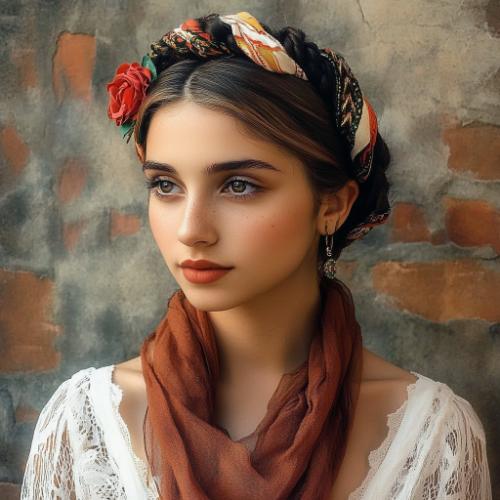
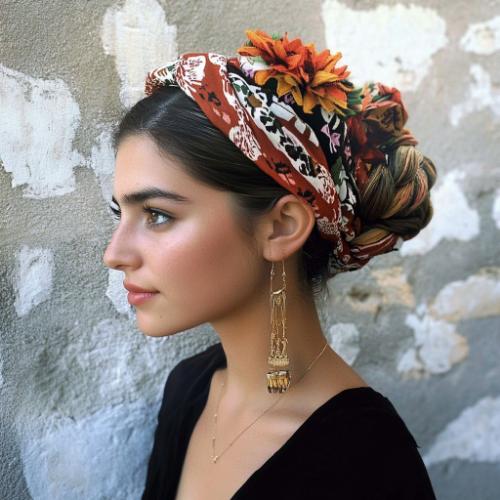
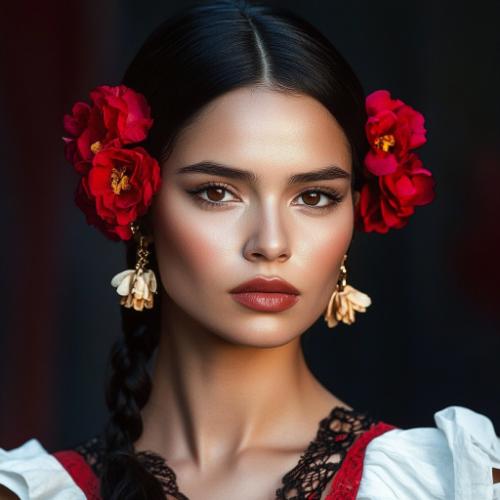
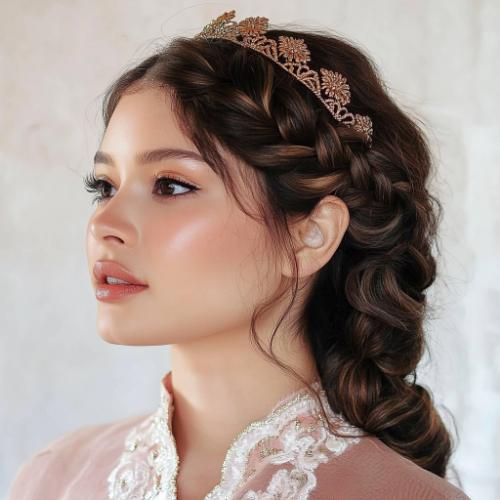
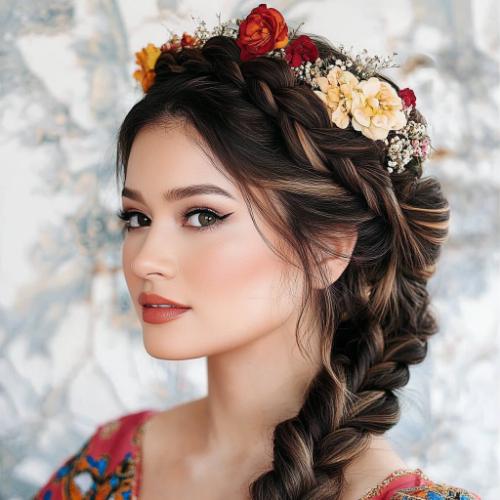
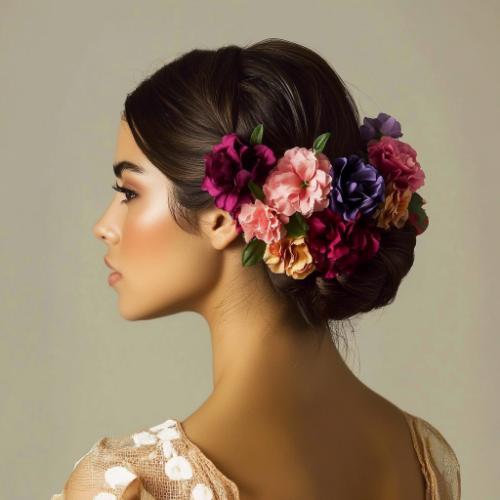
FAQs
Which hair types are best for Mexican braids?
Mexican braids work well with a variety of hair types, including straight, wavy, and curly. The key is to ensure your hair is sufficiently long to achieve the desired braid style.
How long does it typically take to do Mexican braids?
The duration for creating Mexican braids varies based on the complexity of the braid and your skill level. Simple braids may take between 15 to 30 minutes, while more elaborate styles might require an hour or more.
Can Mexican braids damage my hair?
When executed properly and with care, Mexican braids can serve as a protective hairstyle, minimizing damage by reducing hair manipulation and friction. However, overly tight braiding or excessive tension can cause breakage, so it’s important to handle your hair gently.
How can I add volume to my Mexican braids?
To enhance the volume of your Mexican braids, try teasing the roots slightly before braiding or applying volumizing products like mousse or dry shampoo. You can also gently pull at the braid to loosen and add fullness.
Is there an age limit for wearing Mexican braids?
Mexican braids are a versatile hairstyle suitable for all ages, from young children to adults. They can be customized to fit various preferences and occasions, making them a stylish choice for anyone looking to embrace a touch of cultural flair.
Mexican braids are a beautiful and significant aspect of Mexican culture, reflecting centuries of tradition, artistry, and cultural pride. From their ancient origins to modern adaptations, these braids embody a unique blend of history and creativity. As we continue to celebrate and embrace the art of Mexican braiding, we honor not only a traditional hairstyle but also the rich cultural tapestry of Mexico. Through continued practice, education, and appreciation, the legacy of Mexican braids will remain a vibrant and cherished part of global fashion and cultural heritage.
Advertisement: